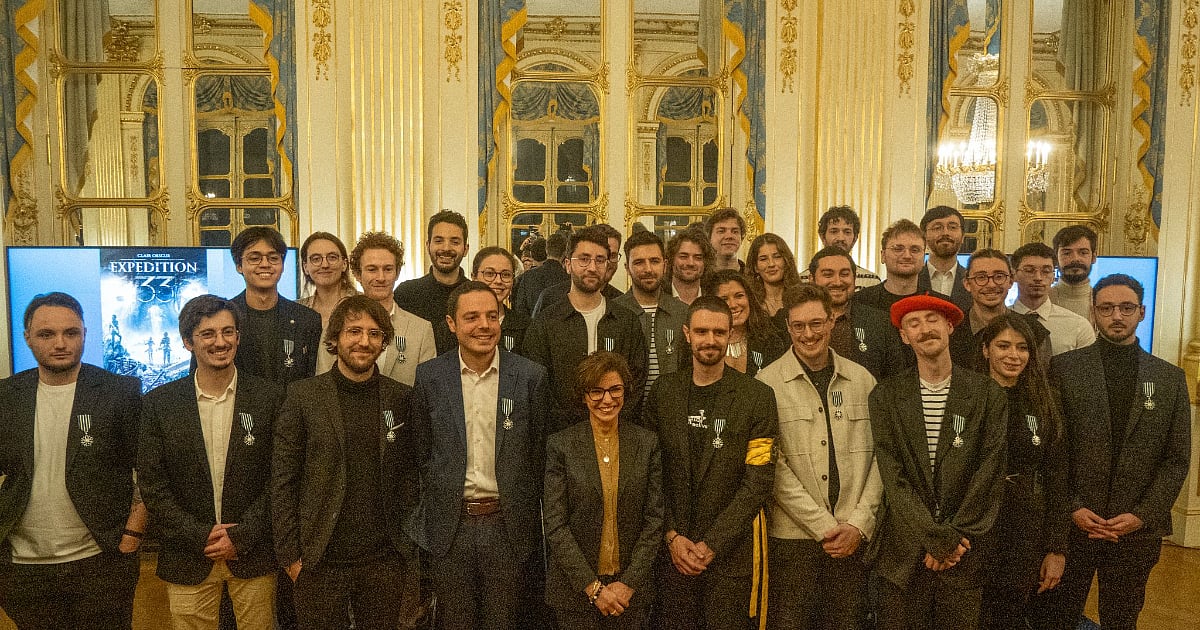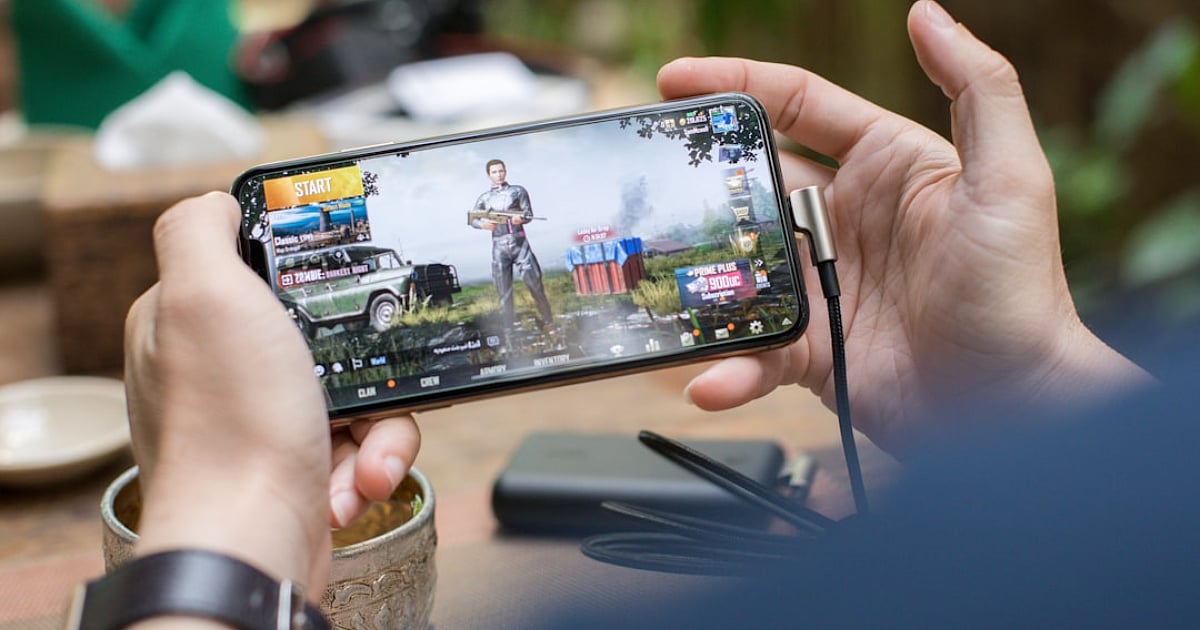
Study: Physical Game Copies Emit 100x More Carbon Than Digital
Study Claims Physical Games Emit 100x More Carbon Than Digital
Buying physical game discs is 100 times more carbon-intensive than digital downloads, says Greenly. Handheld gaming leads sustainability among platforms.
Highlights
- Physical games emit up to 100 times more carbon dioxide than digital versions, driven by manufacturing and transportation.
- Handheld consoles and energy-saving digital models, such as the Xbox Series, are the most eco-friendly gaming options.
- Industry shifts towards trade-ins, second-hand sales, and energy-aware gaming can help reduce gaming’s overall carbon footprint.
A new report from French carbon accounting firm Greenly reveals that purchasing physical copies of video games is vastly more carbon-intensive than opting for digital downloads. The study, The Carbon Footprint of Gaming, highlights that manufacturing and shipping physical discs and packages can generate up to 312 tonnes of CO2 for every one million games, compared to just three tonnes for the same number of digital downloads.
Manufacturing and Waste Drive Impact
Physical games require rare earth metals, plastics, and significant energy for production and global transport, resulting in landfill and excess waste. Cloud-based gaming also presents environmental concerns due to energy-hungry servers, but the ultimate footprint falls short of the emissions from manufacturing and shipping physical games. Even manufacturing game consoles, especially those utilizing advanced chips, adds to the carbon load, with conventional game systems in the US alone consuming nearly four terawatt hours of electricity each year.
Handhelds and Sustainable Solutions
On the positive side, handheld consoles emerged as the greenest gaming option. The Nintendo Switch, for example, is estimated to emit just 13.8kg of CO2 annually, due in part to less-intensive manufacturing compared to larger consoles. Digital consoles, such as Microsoft's energy-saving Xbox Series models made with recycled materials, are also being recognized for their sustainable features.
Greenly suggests expanding second-hand game retail and trade-in programs, incentivizing low-carbon downloads, and highlighting the electricity usage of games at purchase as further ways to empower conscious consumers.
Moving Toward Greener Gaming
Study author Stephanie Safdie told Gamesindustry.biz that while physical games may still be less carbon-intensive than their console counterparts over some lifecycles, the long-term environmental cost, from manufacturing to waste, should not be underestimated.
With physical sales declining and digital downloads now representing the majority of game purchases globally, the report encourages companies and players alike to support trade-in programs, optimize consoles for energy efficiency, and consider energy usage ratings when selecting games and platforms.

Author
Abhimannu Das is a web journalist at Outlook India with a focus on Indian pop culture, gaming, and esports. He has over 10 years of journalistic experience and over 3,500 articles that include industry deep dives, interviews, and SEO content. He has worked on a myriad of games and their ecosystems, including Valorant, Overwatch, and Apex Legends.
Abhimannu Das is a web journalist at Outlook India with a focus on Indian pop culture, gaming, and esports. He has over 10 years of journalistic experience and over 3,500 articles that include industry deep dives, interviews, and SEO content. He has worked on a myriad of games and their ecosystems, including Valorant, Overwatch, and Apex Legends.
Related Articles







